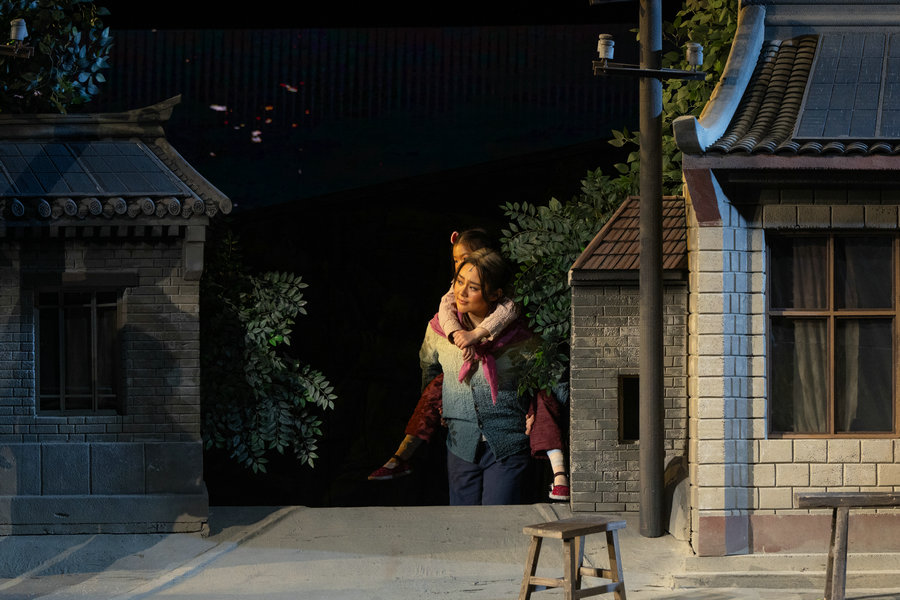

Set in Xihaigu, the impoverished mountainous area in southern Ningxia struggling with a severe shortage of water, the tale chronicles efforts to get rid of poverty with assistance from prosperous Fujian province from the early 1990s to recent years. With relocation projects and a series of economic measures, the area has been transformed from a desert to a paradise, exemplifying China's efforts to eliminate poverty.
The Chinese opera, composed by Meng Weidong and with librettist Yi Ming, features music elements from Ningxia, especially hua'er which literally means flower in Chinese. Also known as "mountain songs", hua'er has performers singing with a distinct high pitch and is popular in Northwest China. For local people, hua'er is an important vehicle for expressing personal feelings and a popular rural entertainment.